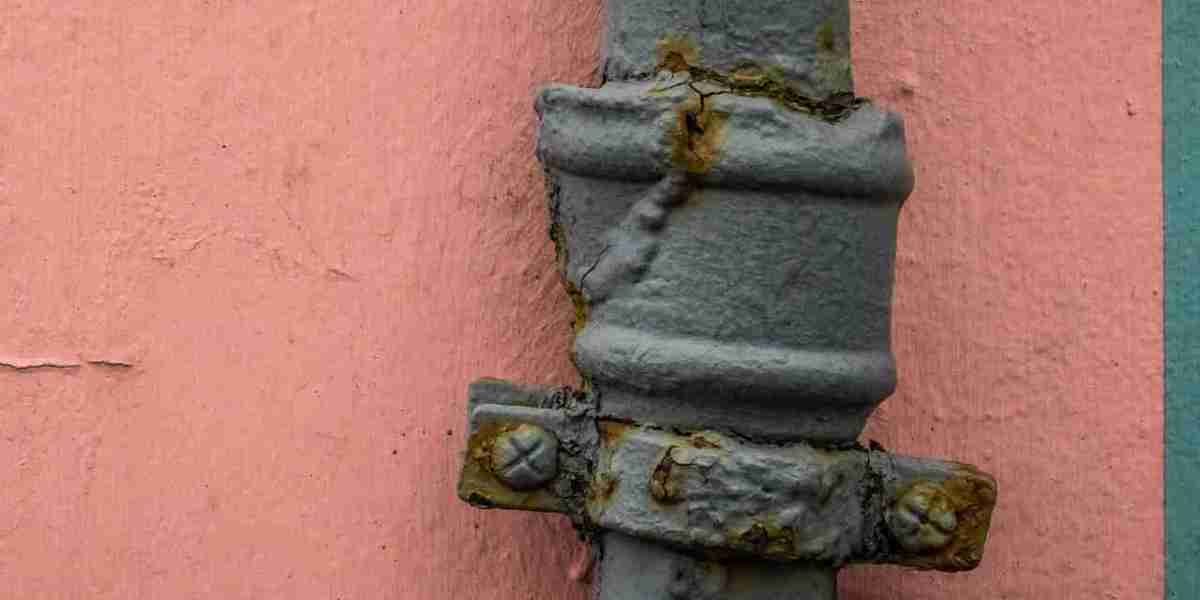If you’re experiencing low house water pressure, discolored water, or odd tastes and smells from your taps, corroded pipes may be the problem. This issue is especially common in older homes throughout California cities like San Jose, Sacramento, Fresno, and Modesto. But how serious is pipe corrosion? Are corroded pipes safe?
In this blog, we’ll explore the risks of pipe corrosion, common warning signs, what causes corrosion, and what steps you can take to protect your plumbing system. And if the issue gets out of hand, don’t hesitate to call a 24 hour plumber in San Jose.
What Is Pipe Corrosion?
Pipe corrosion occurs when the materials in your plumbing system—typically iron, steel, or copper—begin to break down due to chemical reactions with water and air. Over time, this corrosion can lead to:
Rust buildup inside pipes
Leaks and cracks
Metal contamination in drinking water
Reduced water flow and low house water pressure
While some corrosion may go unnoticed at first, it can silently damage your plumbing and put your health at risk.
Are Corroded Pipes Dangerous?
In short—yes. Corroded pipes pose several dangers, both to your plumbing system and your health. Let’s break it down:
1. Health Risks
Corrosion can introduce metals like lead, iron, and copper into your water supply. This is especially dangerous for children, pregnant women, and those with compromised immune systems.
2. Water Contamination
Rusty pipes can cause water to appear brown, red, or yellow. This isn’t just unsightly—it could be unsafe to drink or cook with.
3. Low Water Pressure
As corrosion builds inside the pipe walls, it restricts water flow. That’s one of the leading causes of low house water pressure in areas like Fresno, Modesto, and Santa Rosa.
4. Increased Risk of Leaks
Corroded pipes weaken over time, making them more prone to cracking and bursting. In some homes in Sacramento, pipe bursts are a direct result of long-term corrosion.
Common Causes of Pipe Corrosion
Understanding the root causes of corrosion can help you avoid major issues down the line.
1. Water Chemistry
Hard water, high acidity, or high oxygen content can accelerate corrosion. Fresno and Bakersfield are known for hard water, which contributes to rapid pipe degradation.
2. Old Plumbing Materials
Homes built before the 1970s often have galvanized steel or lead pipes. These materials corrode more quickly than modern alternatives.
3. Low Water Pressure
Yes, low house water pressure itself can contribute. Slower water movement allows corrosion to accumulate rather than wash away.
4. Poor Installation
Improper fittings or joining different metals without the right barriers can spark electrochemical reactions that speed up corrosion.
5. High Water Temperature
Hot water accelerates corrosion, especially in copper or steel pipes with older water heaters.
Signs Your Pipes Are Corroded
Corrosion often starts quietly. Look for these warning signs:
Discolored water (brown, red, yellow)
Metallic or bitter taste
Frequent leaks or pipe bursts
Decreased water pressure
Visible rust on exposed plumbing
If you notice one or more of these signs, it’s time to inspect your pipes—and possibly call a 24 hour plumber in San Jose to investigate further.
Cities in California With Frequent Pipe Corrosion Issues
Several California cities report a high number of pipe corrosion cases due to aging infrastructure and water quality concerns:
San Jose: Many homes still have galvanized steel plumbing.
Sacramento: Old pipe materials and acidic water lead to faster corrosion.
Fresno: Hard water and sediment buildup cause blockages and rust.
Santa Rosa: Aging neighborhoods face corroded pipe issues and low pressure.
Modesto: Lead pipes still exist in older homes, posing health concerns.
If you live in these areas, regular plumbing inspections are crucial.
How to Fix or Prevent Corroded Pipes
Now that we know the risks, let’s talk solutions. Here’s how you can deal with or prevent pipe corrosion:
1. Install a Water Softener
Softening hard water can greatly reduce mineral buildup in your pipes, especially in Fresno and Bakersfield.
2. Flush Your Pipes
Regularly flushing your system helps prevent buildup and clears minor rust.
DIY Tip: Open all faucets, then shut off and restart your main valve to flush the system.
3. Replace Problematic Sections
If corrosion is isolated to a few areas, targeted pipe replacement may be enough.
4. Use Corrosion-Resistant Materials
If replacing pipes, opt for PEX, PVC, or copper with protective liners.
5. Get a Professional Inspection
A licensed plumber can assess pipe thickness, corrosion severity, and water safety. For quick help, contact a 24 hour plumber San Jose.
Is It Safe to Live With Corroded Pipes?
Living with corroded pipes may not be immediately life-threatening, but it is not safe long-term. The more corrosion builds, the higher the risk of:
Water contamination
Pipe leaks and flooding
Reduced appliance lifespan
Structural damage to your home
Think of corrosion as a slow-moving threat. It might not break today, but it's always working behind the scenes.
When to Call a 24 Hour Plumber in San Jose
If you’re seeing rusty water, leaks, or poor water flow—and live in areas like San Jose, Sacramento, or Santa Rosa—don’t wait.
Call a 24 hour plumber if:
Your water is discolored
You have multiple leaks
Your water pressure is dropping
You see rust stains near plumbing fixtures
You’re unsure how old your pipes are
A professional can use camera inspections and water testing to pinpoint problems fast.
Final Thoughts
Corroded pipes are more than a minor inconvenience. They pose health risks, cause low house water pressure, and can lead to major plumbing failures. If you live in San Jose or surrounding California cities with aging infrastructure, now’s the time to act.
Luckily, there are steps you can take to prevent corrosion, from flushing your pipes to installing a water softener. And if you need immediate help, a 24 hour plumber in San Jose can inspect, repair, or replace your plumbing safely and quickly.




